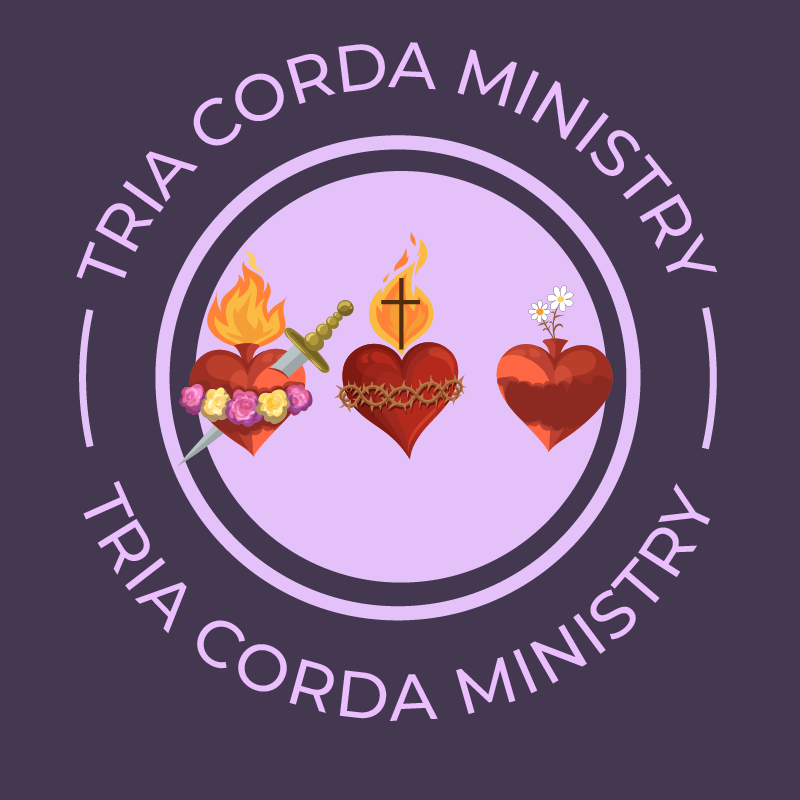Understanding Trauma and Its Impacts

Defining Trauma
To begin understanding trauma and its impacts, we need to be on the same page about the definition of trauma.
Trauma is emotional distress that results from experiencing an event or circumstance that a person perceives is emotionally or physically harmful or life-threatening to themselves or a loved one.
This event or experience overwhelms a person’s coping ability and makes it challenging to feel safe. Because people’s perceptions of events vary, what is perceived as traumatic by one person may not be perceived as traumatic by another.
Examples of potentially traumatic experiences include:
- Accidents
- Crime
- Natural disasters
- Physical, emotional, or sexual abuse
- Physical or emotional neglect
- Experiencing or witnessing violence
- Losing a loved one
- War
Sources
Understanding Trauma and Its Impacts
People’s reactions to traumatic events can vary widely due to many different factors, but some people can be seriously affected by these experiences. Experiencing trauma can cause long-lasting effects on people’s minds, bodies, souls, actions, relationships, and overall, their lives. The articles below help with understanding trauma and its impacts.

Trauma and Substance Use
Recent statistics suggest that substance misuse and substance use disorder are prevalent in the United States. In 2020, an estimated 40.3 million people had substance use disorder. Only 6.5% received treatment (1) In 2021, about 107,000 people died of drug overdoses...

Lessons for Ministry from It Didn’t Start With You
Imagine that you are a therapist. A man comes in struggling with severe insomnia, which has spiraled into worsening depression and dropping out of college. He has been to doctor after doctor for treatment, but nothing has worked. As you listen to the man tell...

Lessons for Ministry from What Happened to You?
The title of Oprah Winfrey’s and Dr. Bruce Perry’s book, What Happened to You?, represents the paradigm shift their book aims to create in the world. In this book, Oprah, herself a trauma survivor, and Dr. Perry, a trauma researcher, converse about the research...

Four Things The Body Keeps the Score Teaches About the Effects of Trauma
The Body Keeps the Score by Bessel van der Kolk was the book that first taught me about the effects of trauma and helped me become interested in this topic. It is a great resource, so I recommend picking up a copy to learn more. You can grab a copy here. ...

Trauma Statistics
According to trauma statistics collected by WHO, around the world, around 70% of people will experience a potentially traumatic event at some point in their lives (1) When it comes to the prevalence of specific types of trauma, research has found the following...

Effects of Trauma on Vocation
The research on the effects of trauma on vocation has concentrated on the areas of parenting, marriage, and career, with no research on how trauma can affect religious or priestly vocations. Overall, trauma appears to potentially have adverse effects on the vocations...

Trauma and the Soul
There is very little research on the effects of trauma on the soul, especially from a Catholic perspective. Additionally, when there has been research conducted, there have been some mixed findings on the relationships between trauma, religion, and spirituality. We...

The Effects of Trauma on the Mind
Overall, when examining the effects of trauma on the mind, researchers have found that exposure to trauma can lead to various difficulties with mental health. We’ll dive into this research below. Before we begin, it is essential to remember that just because someone...

Effects of Trauma on the Body
When examining the effects of trauma on the body, researchers have found that trauma can lead to various difficulties with physical health, which we will discuss in more detail below. Before we begin, it is essential to remember that just because someone has...

Trauma and Friendships
Overall, trauma can cause difficulties in one’s friendships (1). However, these relationships are also essential for recovery. We will dive into these research findings on trauma and friendships below. Before we begin, it is essential to remember that just because...
